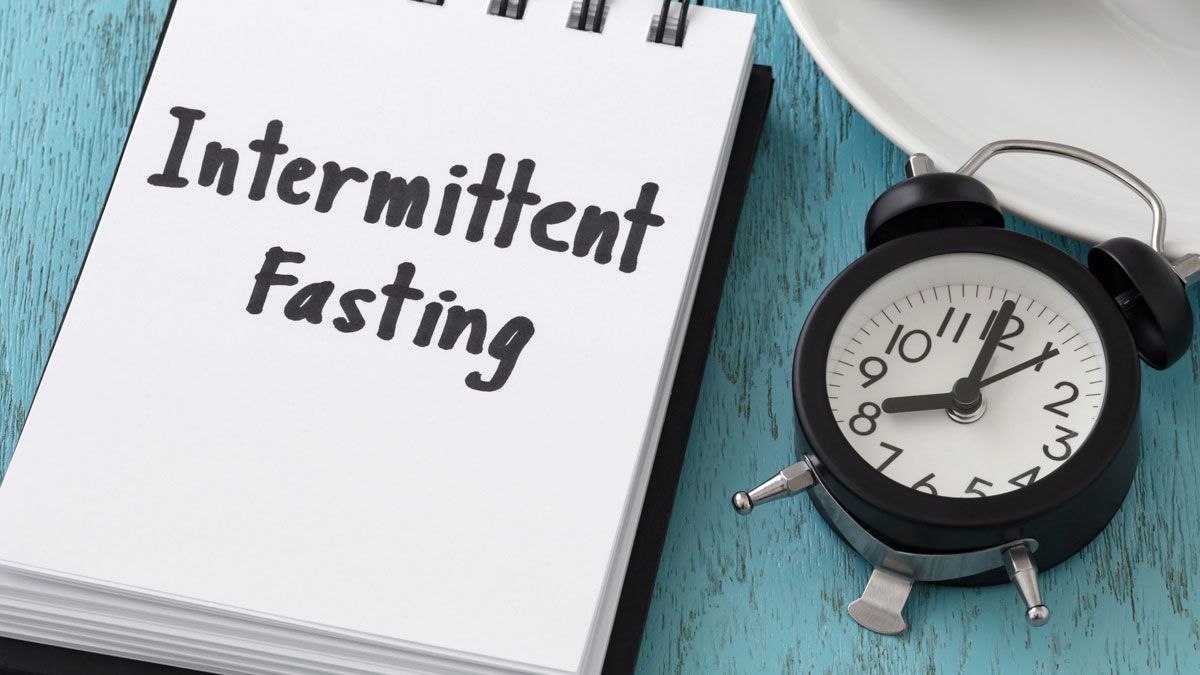Fasting has become incredibly popular over the past few years. People from all walks of life are trying out the practice of restricting or eliminating calories. You may have considered dipping your toe in yourself or you likely know someone who has. Anyone who has fasted will tell you it’s a challenge – most will say a worthy one.
There are many reasons why people choose to fast: spiritual, physical, mental, but sometimes all of the above, and these all are valid reasons to pursue this centuries-old practice.
Fasting has existed since at least the fifth century B.C., when Greek physician Hippocrates recommended abstinence from food or drink for patients who exhibited certain symptoms of illness.
Throughout history, fasting has been the cornerstone of many religious practices. Recently, it’s become a go-to solution for people looking to get an edge or hit the reset button on their life.
That was my inspiration. Having completed a three-day fast in 2017, I felt like I needed a reset more than ever this year. So a few months ago, I put down the calories and picked up a greater sense of clarity.
The weight loss was also nice – although I gained it back shortly after my fast. Turns out a big steak dinner isn’t the first thing you should eat after ending a fast – but the main thing I took away was a greater connection to my body and relationship to eating.
After my fast, I reached out to Debbie Petitpain, a registered dietitian with Sodexo at the Medical University of South Carolina in Charleston, to make sense of what our bodies experience when we fast and hopefully pick up a few tips to get the most out of the next time I choose to step away from food.
She spoke about the various methods of fasting, the most popular being intermittent fasting – essentially, going a period of time with no food, usually for 15 hours overnight.
“A low calorie diet is just hard. It’s hard to stick to all the time. With this idea of being temporarily uncomfortable today with this temporary fast, but tomorrow I’m going to eat the normal amount and I’ll be comfortable, it gives you this respite from the chronic misery of staying on a low-calorie diet indefinitely,” she said.
You may be wondering if fasting is unhealthy or even dangerous. Growing up in the South, it’s common to be encouraged to clean your plate and never miss a meal, so there are some beliefs concerning food that someone setting out on a fasting regimen may have to deal with.
“You know, on the one hand, there’s very little danger. A human body is evolutionarily wired to be able to go without eating for a long time. But in today’s day and age, particularly people on medications that are already altering things like blood sugar levels or blood pressure levels, you definitely want to be more cautious,” she said.
Caution about fasting is important for some groups of people, including pregnant or breast-feeding women, people with a history of eating disorders, those with low body weight.
“The main question you should ask before beginning a fasting regimen is, ‘What am I looking to get from this?’ Going into it with some intention and understanding of what you’re looking to accomplish will help you get the most from your experience,” Petitpain pointed out.
In my experience, this made all the difference. My main goal was a mental and spiritual reset, so when I lost about 6 pounds but gained them right back, I wasn’t disappointed. The hunger pangs came and went, but, as they subsided, they were replaced with this sense of piercing clarity about why I eat and the abundance around me.
You may not be surprised to learn that we don’t always eat just because we’re hungry. Stepping away from food for a few days helped me realize that sometimes I eat just to fill a gap, whether it’s boredom or an emotional response to something I’m trying to suppress. Sometimes it’s even strategic.
“I don’t like the feeling of being hunger hungry. And I have found that at certain times in my life, I eat as a pre-emptive strike so that if I’m running around later, I don’t get hungry. And so for me, going through a fast actually proved to myself, ‘Oh, this is what it feels like, I’m not actually going to die from it. It’s uncomfortable, but I can tolerate it for a while. And it is a natural state. And it’s OK.’”
Fast Facts
- Fasting promotes better health by fighting inflammation.
- Fasting may boost brain function and prevent neurodegenerative disorders.
- Fasting could delay aging and extend longevity.
By James Crawford

